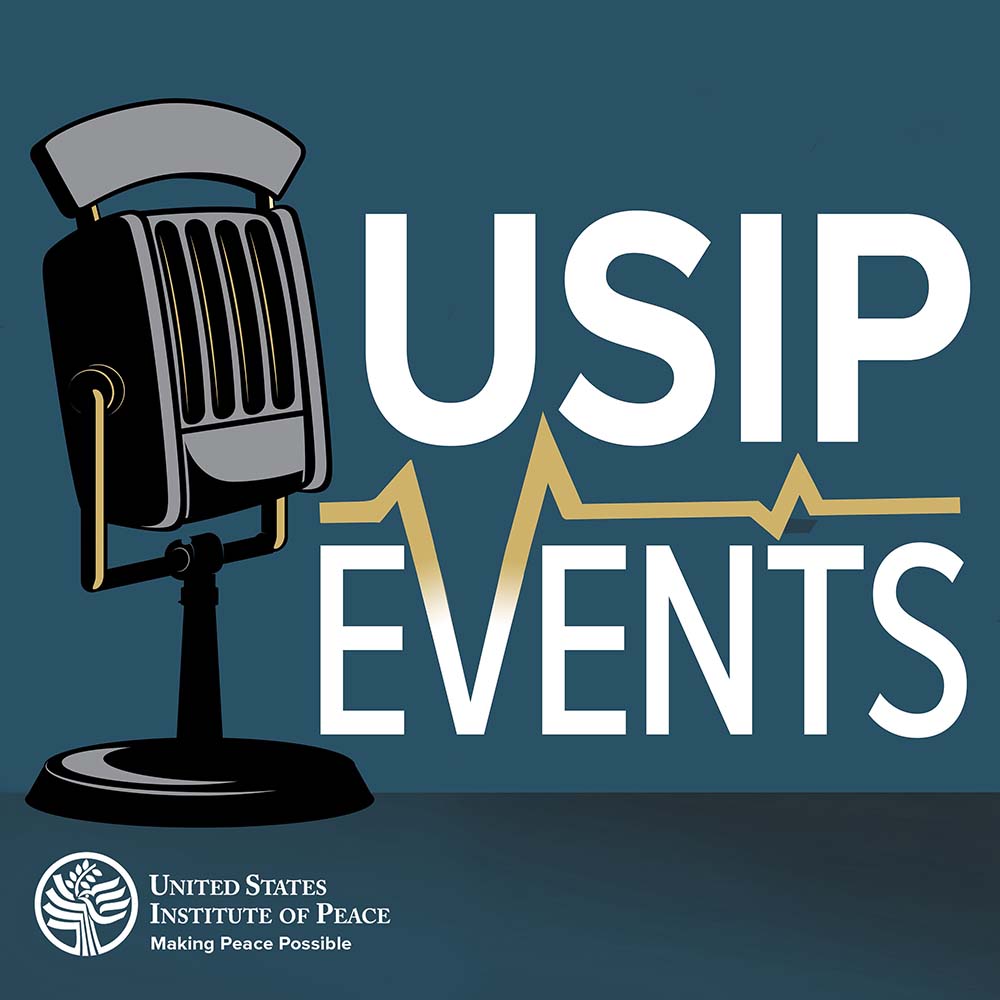

Religion influences both peace and conflict worldwide. Violent extremism is often framed in religious terms, and religious discrimination continues to increase as both a driver and symptom of conflict. But, religion drives peace and coexistence as well and religious actors are essential for advancing religious freedom. Efforts to engage religious actors in countering violent extremism (CVE) and interfaith peacebuilding must take this dichotomy into account.
Perpetrators of violence in the name of a religion often target vulnerable religious minorities, resulting in increased discrimination, social hostility and extremist behavior. This discussion explores how policymakers and practitioners can engage religious actors in CVE efforts in ways that ensure protection and the advancement of international religious freedom.
Opening Remarks:
Rep. Frank Wolf (R-VA), Former U.S. Representative from Virginia
Tony Garrastazu, Senior Director, Center for Global Impact, International Republican Institute
Panelists:
Sheikh Abdullah bin Bayyah, President, Forum for Promoting Peace in Muslim Societies
Humera Khan, President, Muflehun
Oliver Wilcox, Deputy Director, Countering Violent Extremism, Bureau of Counterterrorism, U.S. Department of State
Rev. Prof. Fadi Daou, Chair and CEO, Adyan Foundation, Professor, Holy Spirit University of Kaslik
Moderator: Nancy Lindborg, President, U.S. Institute of Peace

For the past 20 years, the U.S. Institute of Peace (USIP) has convened national security leaders after every change in administration to affirm the...

On June 23, USIP hosted a Twitter Space discussion on the ongoing impact of Russia’s war against Ukraine on Ukrainians, the growing ramifications for...

The RESOLVE Network and USIP held a discussion about these challenges and more during part one of RESOLVE’s fifth annual Global Forum series. Convened...